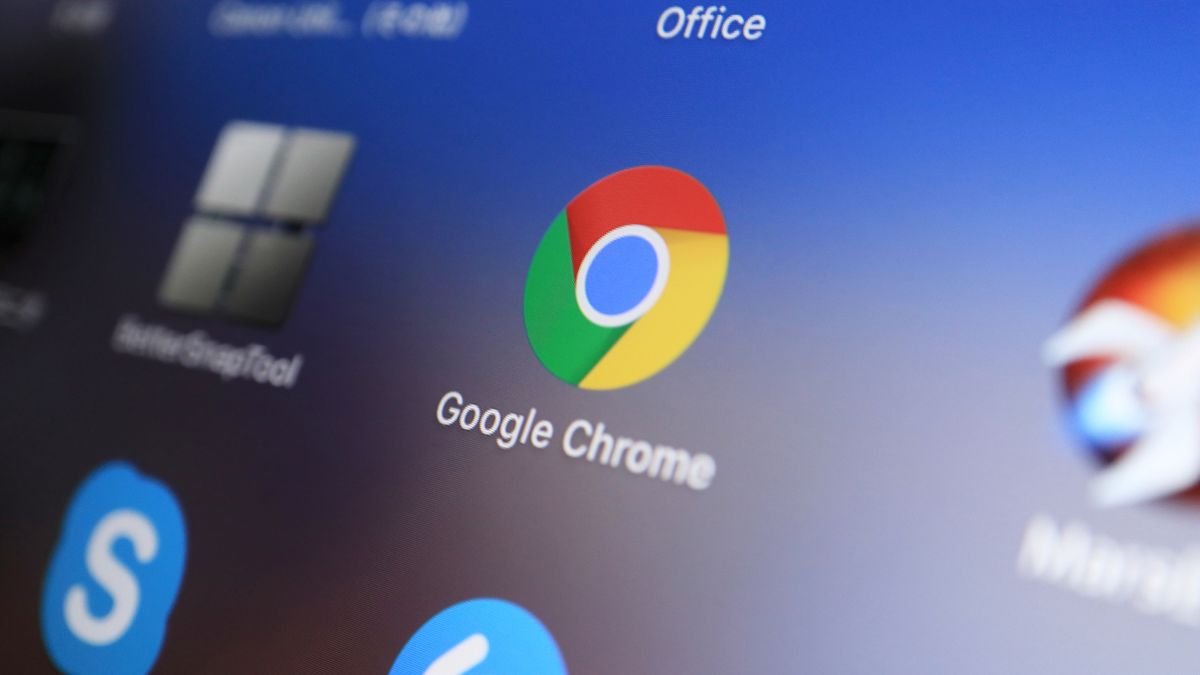Google Chrome has reportedly updated the message users see when using “incognito mode” in response to the settlement of a $5 billion privacy lawsuit. The update includes a disclaimer indicating that the privacy feature still collects user data accessible to websites and services. The message is visible only on the latest version of Google Chrome, and the previous message remains for some users. While parts of the disclaimer remain the same, specifying that websites, employers, schools, and internet service providers can view activity, it clarifies that browsing history, cookies, site data, and form-entered information are not saved in incognito mode.
The original incognito mode message informed users, “Now you can browse privately, and other people who use this device won’t see your activity. However, downloads, bookmarks, and reading list items will be saved.” The updated message reads, “Others who use this device won’t see your activity, so you can browse more privately. This won’t change how data is collected by websites you visit and the services they use, including Google. Downloads, bookmarks, and reading list items will be saved.”
This update follows Google’s agreement on December 28 to settle a $5 billion class-action lawsuit accusing the platform of using private browsers to track internet use. The lawsuit, filed in 2020, alleged that Google misled users into believing their internet activities would be off-limits and used advertising technologies to catalog site visits, violating user privacy. The settlement still requires approval by a federal judge, and the final agreement will be presented in court by February 24. Google emphasized that Incognito Mode in Chrome will continue to provide users with the choice to browse the internet without saving activity to their browser or device.
The Verge reported that this update is part of Google’s effort to provide clearer information to users about Incognito Mode. The lawsuit raised concerns about the accuracy of the original message, which suggested more privacy than was delivered. While the disclaimer now makes it explicit that data collection by websites and services continues, Google asserts that Incognito Mode still offers users the choice to browse without saving activity locally.
Google spokesperson José Castañeda stated, “We’re pleased to resolve this case, which we’ve long disputed, and will provide even more information to users about Incognito Mode.” Castañeda affirmed that Incognito Mode maintains its core functionality of allowing users to browse privately without saving activity locally.
In light of these developments, users are advised to be aware of the limitations of Incognito Mode and to consider additional privacy measures if needed. The update reflects Google’s commitment to transparency regarding user privacy features, and future changes may further enhance user understanding of these functionalities. Users should stay informed about updates and privacy settings to make informed choices about their online activities.
